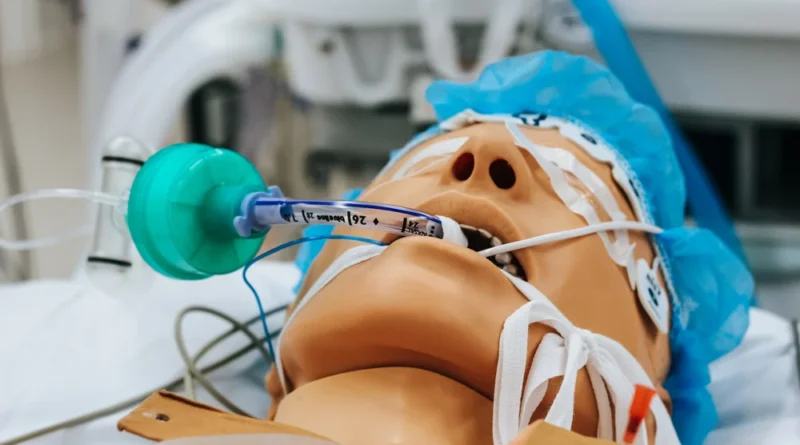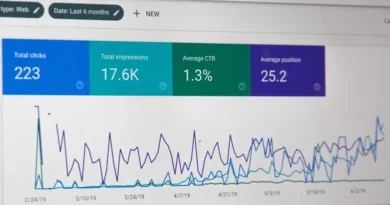Saving Lives with AI: The Vital Role of Artificial Intelligence in Healthcare
Artificial intelligence (AI) has transformed various industries, including healthcare. AI has evolved into a priceless tool for saving lives and enhancing medical care because of its capacity to analyze huge amounts of data, spot patterns, and make predictions. In this article, we’ll examine the significant role of artificial intelligence in healthcare and how it’s changing how we think about illness prevention, treatment, and diagnosis.
Enhancing Medical Diagnostics
AI has the potential to revolutionize medical diagnosis. Because of sophisticated algorithms and machine learning, AI can analyze medical pictures like X-rays, CT scans, and MRIs with astonishing precision. AI algorithms assist healthcare providers in making prompt diagnoses and supplying suitable treatment plans by swiftly and correctly recognizing irregularities. The role of artificial intelligence in healthcare is especially important in fields like radiology, where it may help radiologists spot subtle details that the human eye would miss.
Personalized Treatment Plans
One of the most significant advantages of AI in healthcare is its capacity to build personalized treatment programs for patients. AI systems may find trends and provide specialized suggestions by studying huge amounts of patient data, including medical records, genetic data, lifestyle variables, and treatment outcomes. This makes it possible for medical professionals to give individualized care while maximizing treatment efficacy and reducing negative effects. The role of artificial intelligence in healthcare guarantees that patients receive therapies properly suited to their requirements.
Predictive Analytics and Early Detection
AI excels in predictive analytics, allowing healthcare workers to spot possible health problems and react early. Artificial intelligence (AI) algorithms may identify trends and forecast the chance of acquiring particular diseases by analyzing various data sources, including genetic profiles, wearable technology, and electronic health records. Early diagnosis enables proactive actions, such as preventative treatments and lifestyle changes, which can greatly lessen the burden of chronic diseases. We may change our emphasis from reactive to proactive treatment through the role of artificial intelligence in healthcare, eventually saving lives.
Efficient Healthcare Operations
AI is also transforming hospital operations, making procedures more efficient and cost-effective. Healthcare practitioners may concentrate on patient care using intelligent automation technology to simplify administrative activities like appointment scheduling and medical record management. Virtual assistants and AI-powered chatbots may respond quickly to patient inquiries, facilitating access to healthcare data and cutting down on waiting times. Artificial intelligence’s contribution to healthcare administration boosts productivity and efficiency, enabling healthcare professionals to provide better care to a bigger population.
Drug Discovery and Development
The pharmaceutical sector largely depends on AI to speed up the process of medication discovery and development. AI systems can find prospective medication targets, forecast the effectiveness of novel medicines, and improve clinical trial designs by analyzing enormous volumes of biological data. As a result, introducing new pharmaceuticals to the market takes less time and money, giving patients access to therapies faster. There is a great deal of promise for ground-breaking discoveries in the role of artificial intelligence in healthcare research and development, which might save lives and enhance the quality of life for millions of people.
Also read: What is Strong AI? Explained in Detail
Conclusion
Artificial intelligence is revolutionizing healthcare by improving diagnostics, personalizing treatment regimens, enabling early detection, increasing operational efficiency, and accelerating medication development. Healthcare workers may enhance patient outcomes, save lives, and provide more affordable and accessible healthcare by utilizing AI. AI will certainly play a bigger role in determining the future of medicine and healthcare service as it develops and becomes more integrated into the healthcare system. To fully utilize artificial intelligence’s potential and build a society where everyone is healthy, it is crucial to embrace its role in healthcare.




